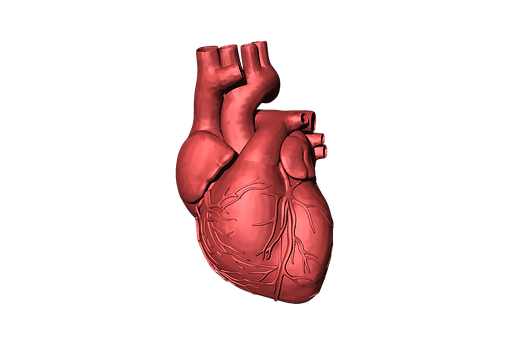Benefits Of Proper Nutrition
Nutrients are the substances in food that are necessary for the maintenance of normal body functioning, the growth, the reproduction and health of an individual. Therefore nutrition is the science behind how the nutrients interact to facilitate functionality of the individual. Here are some of the benefits of proper nutrition;
Proper Health Of The Heart
Heart disease can be brought on by foods that contain sodium, fats, and cholesterol. Saturated fats and trans fats arethe unhealthy types of fats which are found in fried foods, red meats or packed snacks. Eating foods such as vegetables, low-fat dairy, whole grains, and fruits can lower the individual’s risk of getting heart disease.
Strength Of Teeth And Bones
Calcium works to strengthen teeth and bones. Incorporating calcium into an individual’s diet can prevent the loss of bone as a result of osteoporosis. Foods rich in calcium include milk, yogurt, cheese, broccoli, soy products, fruit juice, and cereals. Ensuring the individual is also taking foods rich in vitamin D is fundamental because they assist the body in absorbing calcium.
Maintaining A Healthy Weight
For an individual to maintain a healthy weight, they should eat calories that match up to what their body burns up each day. Proper nutrition assists the individual to avoid the problems that come as a result of being underweight or being overweight such as dysfunction of the thyroid, type 2 diabetes or the clogging of the arteries.
Provision Of Energy
 Energy is provided for by carbohydrates in an individual’s diet. Unprocessed carbohydrates are those considered to be the most nutritious. They include whole grains, vegetables, and fruits. Eating in a healthy manner will result in an increase in the individual’s levels of energy and promote the maintenance of blood sugar levels at an optimum.
Energy is provided for by carbohydrates in an individual’s diet. Unprocessed carbohydrates are those considered to be the most nutritious. They include whole grains, vegetables, and fruits. Eating in a healthy manner will result in an increase in the individual’s levels of energy and promote the maintenance of blood sugar levels at an optimum.
Improved Health Of The Brain
Proper nutrition facilitates the maintenance of a healthy brain. This is because healthy and nutritious foods increase the flow of blood to an individual’s brain. The increased blood flow assists in deterring Alzheimer’s disease because it protects the cells in the brain. Foods that are not healthy for the development of the brain include fried foods, grilled foods, flavor baked foods and the foods that are steamed. Instead, eating foods such as broccoli, spinach, kale, raisins and different berries will assist the process of improving the health of the brain. Other foods that assist in fighting Alzheimer’s disease are nuts which are a source of vitamin E and almonds.…





 For those patients who are excessively underweight, medical attention may be necessary. For instance, chronic anorexia may be damaging to the heart. It may also cause low blood pressure or failure of the individual’s organs. The first step in the medical treatment is assisting the individual to get to a healthy body weight then this can be followed by treatment of any medical conditions that may arise.
For those patients who are excessively underweight, medical attention may be necessary. For instance, chronic anorexia may be damaging to the heart. It may also cause low blood pressure or failure of the individual’s organs. The first step in the medical treatment is assisting the individual to get to a healthy body weight then this can be followed by treatment of any medical conditions that may arise.